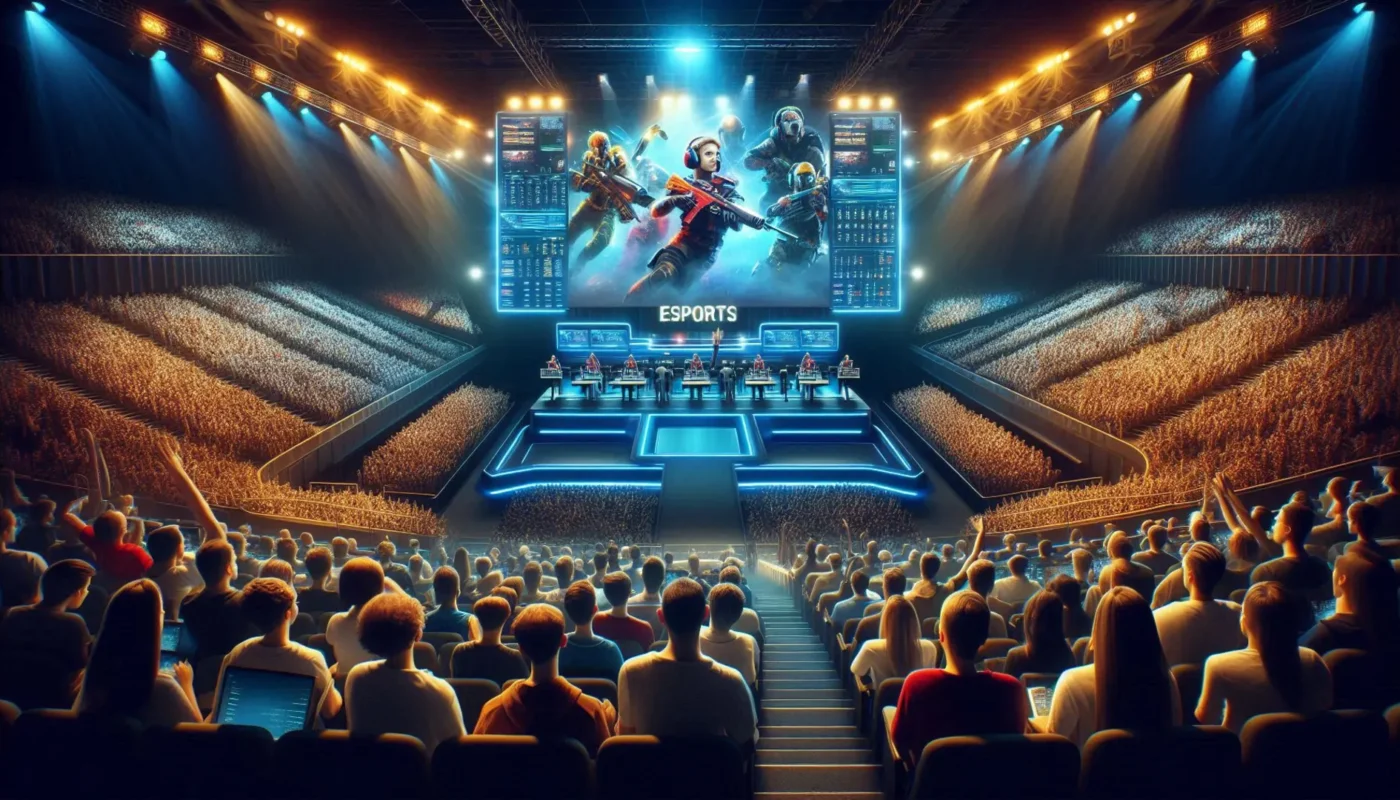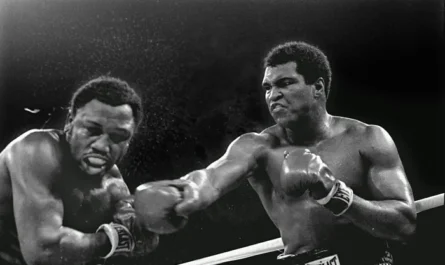In the past two decades, video gaming has evolved from a casual pastime to a global phenomenon, with esports emerging as one of the fastest-growing industries in the world. What was once confined to basement gatherings and arcades has transformed into a billion-dollar enterprise with professional players, global tournaments, and millions of fans. This rise of esports underscores a cultural shift in how society views gaming, elevating it to the level of traditional sports.
The Evolution of Gaming to Esports
The esports journey began in the early 1970s when the first recorded video game competition occurred at Stanford University. Participants competed in the game Spacewar, a primitive yet revolutionary creation for its time. Fast forward to the 1980s and 1990s, as arcades and home gaming consoles gained popularity, the competitive gaming scene began to flourish. Titles like Street Fighter, Quake, and StarCraft became staples of early tournaments, with dedicated players honing their skills.
The real breakthrough came with the advent of the internet and the rise of multiplayer online games. Games like Counter-Strike, Dota, and League of Legends allowed players to compete across borders and fostered vibrant online communities. The ability to livestream games on platforms like Twitch and YouTube further propelled esports into the mainstream, providing a stage for gamers to showcase their skills to a global audience.
Esports as a Professional Industry
Today, esports has cemented itself as a legitimate profession. Major tournaments like The International (Dota 2), League of Legends World Championship, and Fortnite World Cup offer prize pools reaching tens of millions of dollars. Players, often treated as athletes, sign contracts with professional teams, receive salaries, and even endorsements from major brands like Intel, Coca-Cola, and Nike.
The infrastructure supporting esports mirrors that of traditional sports. Teams have coaches, analysts, and nutritionists to optimize performance. Training facilities have the latest technology, and rigorous schedules demand discipline and dedication. This professionalization has legitimized esports and attracted investments from major sports franchises and celebrities, further blending the lines between gaming and traditional sports.
Cultural Acceptance and Challenges
The acceptance of esports as a sport has sparked debates. Critics argue that gaming lacks the physicality of traditional sports, a core aspect of the definition of athletic competition. However, proponents highlight the required strategic thinking, reflexes, and teamwork, which are akin to sports like chess or Formula 1 racing.
The pandemic further accelerated esports’ rise as traditional sports halted, and audiences turned to online competitions for entertainment. Despite its growth, esports faces challenges, including concerns about player burnout, the mental toll of high-pressure competitions, and the need for stronger regulations in areas like doping and match-fixing.
The Future of Esports
The future of esports looks promising. With virtual and augmented reality advancements, gaming experiences are becoming more immersive. Additionally, the inclusion of esports in events like the Asian Games and talks of Olympic inclusion signifies growing recognition on the global stage.
As esports continues to thrive, it reshapes the narrative around gaming, proving that passion, skill, and competition can transcend boundaries. In a world where technology and culture intersect, esports is a testament to how far gaming has come—and how far it can go.




